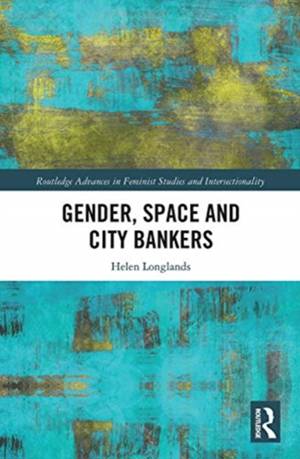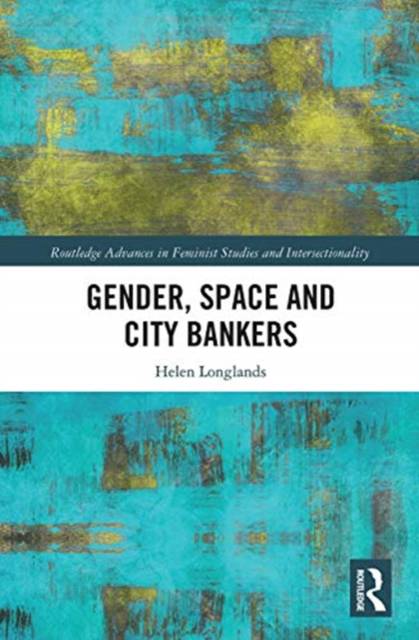
- Retrait gratuit dans votre magasin Club
- 7.000.000 titres dans notre catalogue
- Payer en toute sécurité
- Toujours un magasin près de chez vous
- Retrait gratuit dans votre magasin Club
- 7.000.0000 titres dans notre catalogue
- Payer en toute sécurité
- Toujours un magasin près de chez vous
Description
Gendered processes of globalisation, transnationalisation and urbanisation are increasing local and global inequalities and widening the gap between the rich and the poor. The global finance industry plays a key role in these processes, directing its operations from local command points in global cities such as London. Drawing on empirical data collected after the 2008 financial crisis - in depth interviews with male City of London bankers who are also fathers, in depth interviews with the bankers' wives, observational data of work and family spaces, and banks' promotional online material -this book explores the day-to-day individual and institutional social practices of wealthy City bankers and banks. The book's analysis offers insight into how the spaces of work and home are integrally linked in ways that mutually shape, support and sustain the gendered dominance of the industry and its highly paid workers.
This book will appeal to postgraduate students, researchers and academics interested in the fields of gender studies, critical studies of men and masculinities, urban and metropolitan studies, sociology, studies of globalisation and transnationalisation, anthropology, cultural studies and business management. It will also be interesting for those concerned about the role of the finance industry and neoliberal capitalist ideologies, values and practices in ever-widening local and global inequalities.
Spécifications
Parties prenantes
- Auteur(s) :
- Editeur:
Contenu
- Nombre de pages :
- 178
- Langue:
- Anglais
- Collection :
Caractéristiques
- EAN:
- 9780367785055
- Date de parution :
- 31-03-21
- Format:
- Livre broché
- Format numérique:
- Trade paperback (VS)
- Dimensions :
- 156 mm x 234 mm
- Poids :
- 276 g

Les avis
Nous publions uniquement les avis qui respectent les conditions requises. Consultez nos conditions pour les avis.






